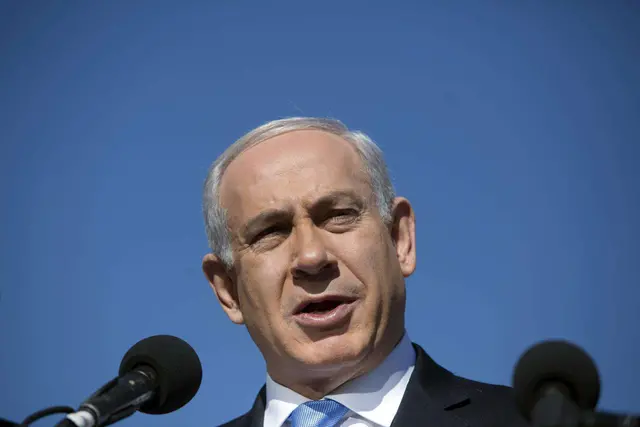U.S. President Donald Trump is ramping up calls for a controversial travel ban from a handful of countries where terrorism runs rampant after the terrorist attack in London, but he faces a tough legal battle in U.S. courts.
Over the weekend, Islamist terrorists carried out an attack on a crowded shopping area in London, by using a van to plow through throngs of tourists and locals on London Bridge. Several men then jumped out of the van and went on a rampage, stabbing people with knives.
The incident, which left seven dead and four dozen injured, came just two weeks after a terrorist bomb killed nearly two dozen people at a concert in Manchester.
The attacks come at a time when radical Islam is spreading through the West, Southeast Asia and elsewhere.
In a series of posts on social media on Monday, which went on into the evening hours, Trump said "I am calling it what we need and what it is, a TRAVEL BAN."
The ban would slap a temporary ban on travel to the United States on citizens from Iran, Libya, Somalia, Sudan, Syria and Yemen. In a barrage of social media posts, Trump called for a much tougher version of the proposed law.
But Trump's travel ban is controversial, and the courts are trying to block it on grounds, they say, that it is unconstitutional.
A battle between the White House and the courts has ensued, and remains unclear who will win. The case is likely to end up in the Supreme Court, although it remains unclear when that will be.
Legal experts and public opinion
Many Americans do not favor the ban, despite the support from Trump's base.
"Most Americans are not keen on the travel ban, so Trump's push on this front helps him with his base, but almost no one else," Brookings Institution Senior Fellow Darrell West told Xinhua.
"Legal experts think his executive order is unconstitutional," West said.
Indeed, some experts said there is a disconnect between Trump's anti-terrorism policies and the actual threat.
"Trump will use every terrorist attack to argue the United States needs to get tougher on border enforcement. But many of these attacks were not by foreign, but domestic terrorists. So stronger border enforcement will not help with residents who have become radicalized," West said.
Critics of the courts' decision to block the law on legal grounds contend that U.S. national security is not meant to be decided by courts, but rather is the jurisdiction of Congress and the White House.
Many critics of the courts in the last couple of decades have accused judges of using their powerful positions for social and political activism, instead of carrying out their sacred duty to uphold the law.
Some supporters of the travel ban noted that the terrorists who carried out the Sept. 11, 2001 attacks that killed nearly 3,000 people in the U.S. were carried out by radicals from countries not on Trump's ban list.
That includes Saudi Arabia, a U.S. regional ally and the home country of now deceased terror mastermind Osama bin Laden, as well as most of the 9/11 hijackers.
"Virtually all U.S. Muslim allies in the Mideast are exempt from Trump's travel ban, and have their own problems with Islamic extremists," Wayne White, former deputy director of the State Department's Middle East Intelligence Office, told Xinhua.
"The lavish Saudi welcome for Trump showed their keen desire to preserve solid U.S. ties," White said of Trump's recent trip to visit its ally.
Radical ideology
Critics also note that Trump did not address, during his visit to Saudi Arabia, what they say is the Saudis spreading radical Islamist ideology worldwide.
But others note that the Saudis are a major source of intelligence for the United States, and as such are an important ally.
"Regardless of the dim view many Americans have of the Saudis, the kingdom's security forces crack down severely on domestic extremism and cooperate closely with the U.S. in sharing intelligence," White said.
Experts say the real problem is the radical Islamist ideology pervading the world through the Internet is the main problem. Getting rid of the ideology is key to defeating terrorists, experts contend. But that is easier said than done.
No truly effective way has been found by the West to fight the extremist ideology, White noted.
"Yet, the Saudis themselves have been involved for over 15 years in some of the most successful efforts in schools and prisons to separate their strict brand of faith from extremist violence," White said.
(ASIA PACIFIC DAILY)
 简体中文
简体中文

